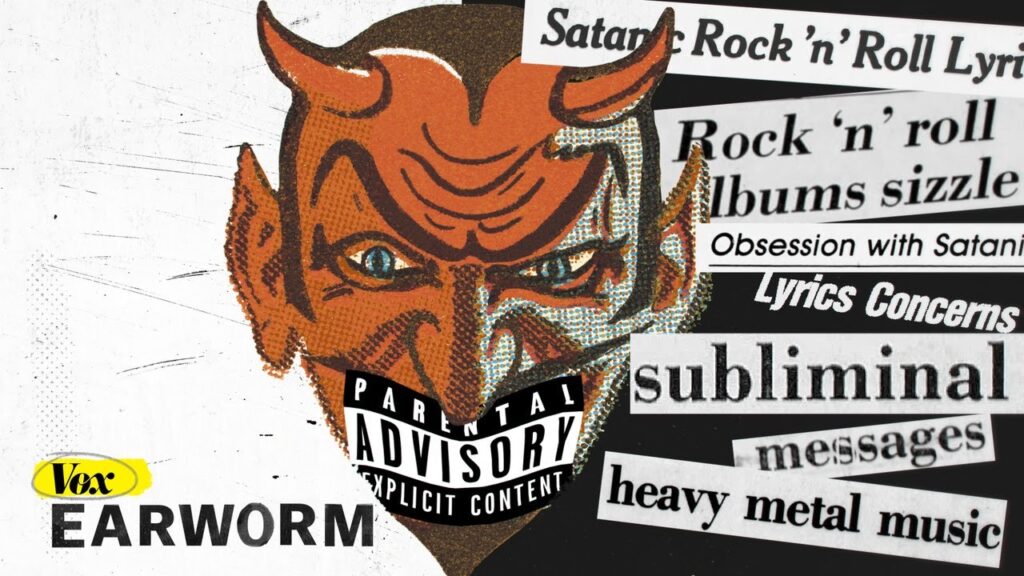
"Frank Zappa referred to the group of wives of Congress members, who campaigned against rock lyrics in the mid-1980s, as the "Mothers of Prevention." These women sparked a significant cultural backlash against music deemed inappropriate, contributing to the wider moral panic over rock and metal music during that era."
"The Parents Music Resource Center (PMRC), associated with Tipper Gore, created the "Filthy Fifteen" list showcasing songs for their controversial themes including violence, sexual references, drugs, and the occult, reflecting the growing tension between popular culture and conservative values."
"Heavy metal music gained popularity in the 1980s, often incorporating themes of Satan and the occult in its lyrics which fueled public fears and led to a reactionary movement among conservative Christians aiming to address these perceived threats."
"The conservative Christian movement capitalized on fears surrounding music in the 1980s, leveraging the panic over heavy metal to promote their agenda and profit significantly by rallying against the cultural shifts represented by this genre."
In the mid-1980s, a group of wives married to members of Congress, dubbed the "Mothers of Prevention," organized against what they perceived as harmful rock lyrics. This led to the creation of the Parents Music Resource Center (PMRC) which introduced the controversial "Filthy Fifteen" list showcasing songs with themes of violence, sex, drugs, and the occult. During this time, heavy metal music rose in popularity, often invoking Satanic themes, influencing cultural perceptions and generating concern among conservative Christians who profited from the ensuing moral panic.
Read at Open Culture
Unable to calculate read time
Collection
[
|
...
]